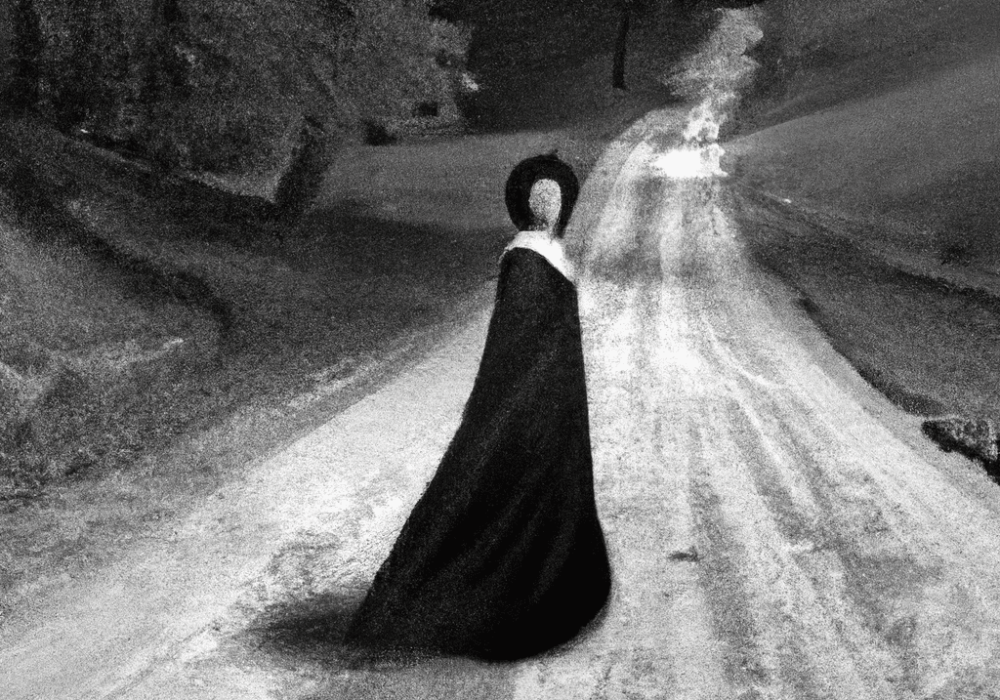REGISTER HERE
Open to current graduate students at the University of Chicago. Participants can come to whichever sessions they choose. Others interested in participating should contact Sam Landon at snlandontn@gmail.com. Books, lunch, and beverages will be provided.
Fear. Rot. The inescapability of the past. These and more are the themes of Gothic literature. Join us Mondays from 1-2pm at Gavin House for a discussion of Edgar Allen Poe, Ambrose Bierce, and Flannery O’Connor. Lunch provided.
SCHEDULE:
This group will meet on Mondays (beginning January 22nd) from 1:00pm – 2:00pm over lunch.
- January 22: “The Raven,” Poe
- January 29: “Tell-Tale Heart,” Poe
- Feburary 5: “Moonlit Road,” Bierce
- Feburary 12: “Occurrence at Owl Creek Bridge,” Bierce
- Feburary 19: “A Good Man Is Hard to Find,” O’Connor
- February 26: “Parker’s Back,” O’Connor
Copies of The Best of Poe: The Tell-Tale Heart, The Raven, The Cask of Amontillado, and 30 Others, Ghost and Horror Stories of Ambrose Bierce, and The Complete Stories of Flannery O’Connor will be provided. They may be picked up at Gavin House (1220 E 58th street) during buisness hours at the start of the winter quarter.
The University of Chicago is famous for its graduate student reading groups, in which students pursue their own intellectual interests among friends in an informal setting. The Lumen Christi Institute supports this endeavor by sponsoring a number of graduate student reading groups each quarter. LCI provides space, hospitality, and books.
Reading groups cover the whole spectrum of ideas. Texts do not need to be explicitly Catholic, though we follow St. Paul’s injunction to attend to whatever is true, noble, right, admirable, and lovely (Phil 4:8). Groups follow LCI’s guiding principles, which…
-
Affirm the intellectual life as good in itself
-
Ask questions animated by the principle that “all knowledge forms one whole”
-
Transcend the ideological / political divide (i.e., programs should not be partisan in nature)
-
Welcome religious perspectives as part of the intellectual life (i.e., programs need not be theological in nature but conversations should be open to religious insights)
-
Nurture friendships, to support the pursuit of truth, beauty, and goodness (i.e., programs should have a social component)
This quarter the reading groups will cover: The American Gothic, James Joyce’s Dubliners, Greek New Testament, and Latin Vulgate.

